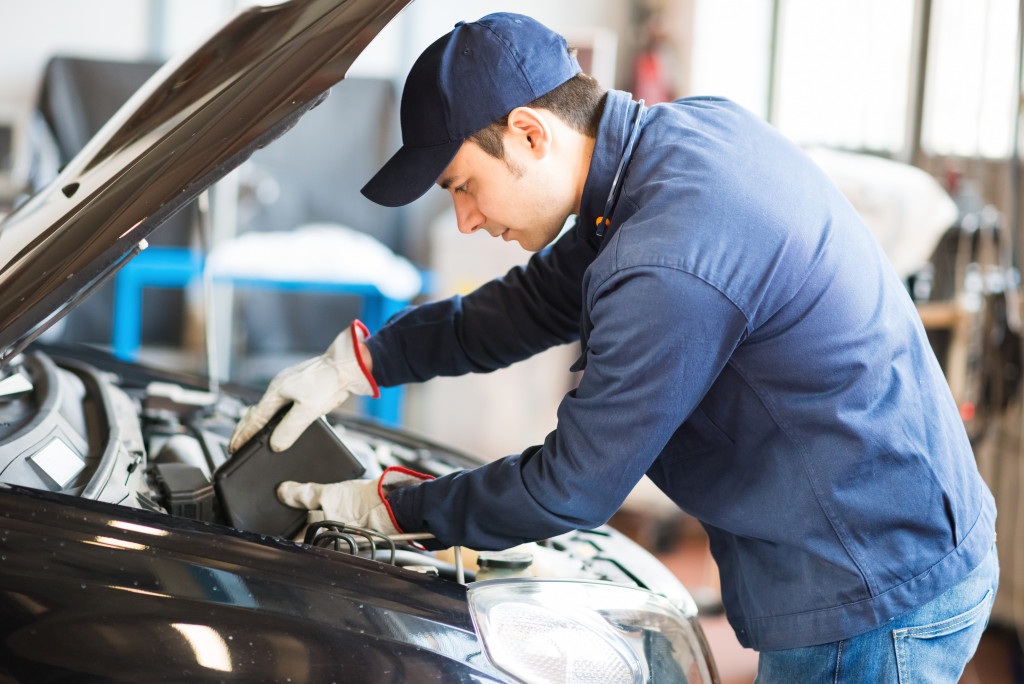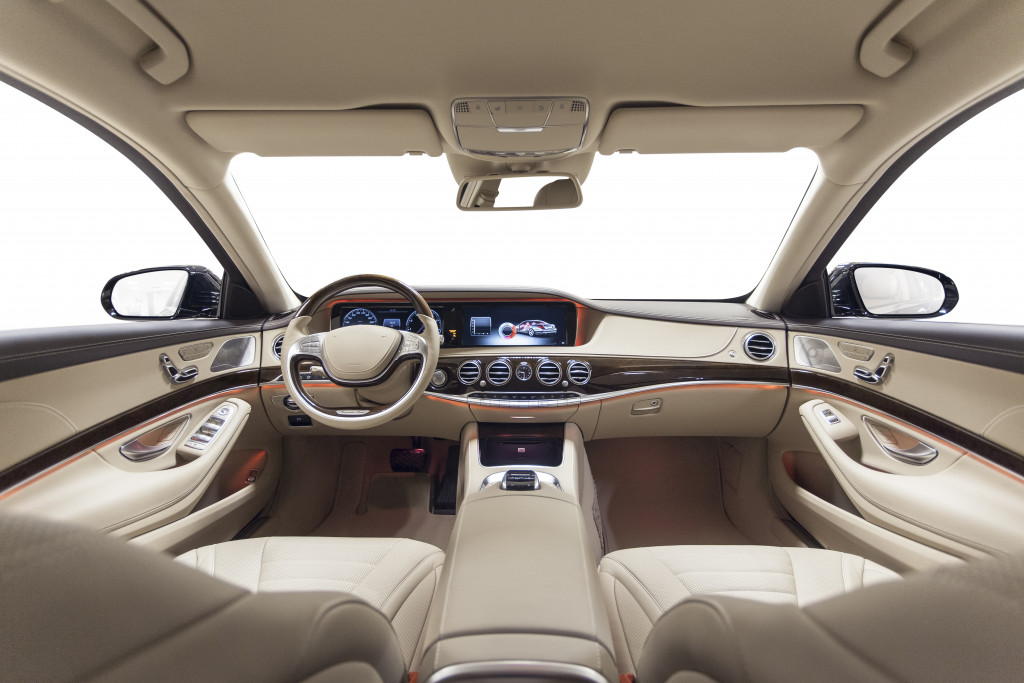- Follow the manufacturer’s recommended maintenance schedule to keep your car in top condition.
- Check and maintain vital fluid levels regularly.
- Clean and maintain the interior by vacuuming, conditioning leather seats, deep-cleaning carpet upholstery, and eliminating odors.
- Monitor tire pressure and condition; rotate tires as needed.
- Address any issues promptly and seek professional help for diagnosis and repairs.
As a vehicle owner, maintaining your car is essential for its longevity, performance, and overall driving experience. Regular maintenance not only ensures the safety and reliability of your vehicle but also helps you avoid costly repairs in the future. This guide will discuss five tips to help you maintain your car and keep it in optimal condition.
1. Follow the Manufacturer’s Maintenance Schedule
One of the most important aspects of car maintenance is following the manufacturer’s recommended maintenance schedule. This schedule outlines the specific maintenance tasks and intervals crucial for keeping your car in top shape. It includes regular oil changes, filter replacements, tire rotations, and brake inspections.
Adhering to the maintenance schedule can address potential issues early on and prevent major breakdowns. Regular maintenance also helps optimize fuel efficiency, prolong engine life, and maintain the value of your vehicle. Consult your car’s owner’s manual or contact a trusted mechanic to ensure you follow the manufacturer’s recommendations.
2. Check and Maintain Fluid Levels

Proper fluid levels are vital for the smooth functioning of your car’s various systems. Regularly check and maintain the levels of essential fluids, including engine oil, coolant, transmission fluid, brake fluid, and power steering fluid. Low or contaminated fluid levels can lead to engine damage, overheating, or brake failure.
Ensure you use the recommended type of fluids specified by the manufacturer. Check the fluid levels regularly and top them up as needed. If you notice any leaks or significant drops in fluid levels, have your vehicle inspected by a qualified mechanic. Keeping your fluid levels in check can prevent mechanical issues and ensure optimal performance.
3. Maintain and Clean the Interior
While many car owners focus on the exterior appearance, maintaining and cleaning the interior is equally important. A clean, well-maintained interior enhances your driving experience and helps preserve your car’s value.
Here are a few tips for maintaining and cleaning the interior:
Vacuum Regularly
Vacuuming is an essential aspect of keeping your car’s interior clean. The accumulation of dust, dirt, and debris can contribute to the spread of germs and bacteria that can damage surfaces in your car over time. It’s recommended to vacuum at least once a week. Make sure you vacuum every nook and cranny, especially in the crevices between seats, beneath floor mats, and near door jambs where dirt accumulates easily.
Condition Leather Seats

Leather seats can be especially challenging to maintain over time. The condition of leather seats can vary with exposure to UV light, temperature, and humidity. You should invest in professional auto upholstery repair if you have more extensive damages, such as cuts or tears. Professionals will use the right products and techniques to repair your leather seats and make them look new. They will ensure the product is compatible with your vehicle’s original leather and won’t leave an unnatural shine or finish.
Clean Carpet Upholstery
Carpets are prone to staining, so cleaning them regularly is essential for maintaining your car’s interior. Vacuuming is a great way to remove surface dirt and debris; deep cleaning should be done at least twice a year using an upholstery cleaner or shampooer designed specifically for cars. Use gentle detergents and follow the instructions on the product label carefully.
Remove Odors
No one likes a smelly car! To get rid of bad odors, start by removing the source of the smell. This could be anything from food waste to pet hair. Once you’ve removed the source, use a quality air freshener or car odor eliminator spray to eliminate any lingering odors. For stubborn smells, use an ozone generator for deeper cleansing and improved air quality in your car.
4. Monitor Tire Pressure and Condition:
Proper tire maintenance is crucial for safety, fuel efficiency, and overall performance. Regularly check the tire pressure using a reliable gauge and ensure they are inflated to the recommended levels specified by the manufacturer. Underinflated or overinflated tires can negatively impact handling, fuel economy, and lifespan.
Additionally, inspect the tire condition for signs of wear, bulges, or cracks. Uneven tread wear may indicate misalignment or other mechanical issues that should be addressed promptly. Rotate the tires as recommended to promote even wear and prolong their lifespan.
5. Address Issues Promptly and Seek Professional Help:
Finally, promptly addressing any issues or concerns with your car is essential. If you notice unusual noises, vibrations, warning lights, or any changes in performance, don’t ignore them. Ignoring potential problems can lead to more significant issues down the line.
Seek the help of a qualified mechanic or automotive professional to diagnose and resolve any mechanical or electrical issues. Regularly schedule professional inspections and tune-ups to ensure your car is running optimally.
In Summary
Following these five essential tips, you can effectively maintain your car and enjoy a safe and reliable driving experience. Adhering to the manufacturer’s maintenance schedule, checking and maintaining fluid levels, cleaning and maintaining the interior, monitoring tire pressure and condition, and addressing issues promptly are key practices for car maintenance. Taking good care of your vehicle will extend its lifespan, save you from costly repairs, and improve its resale value. Remember, a well-maintained car is a joy to drive and provides peace of mind.
